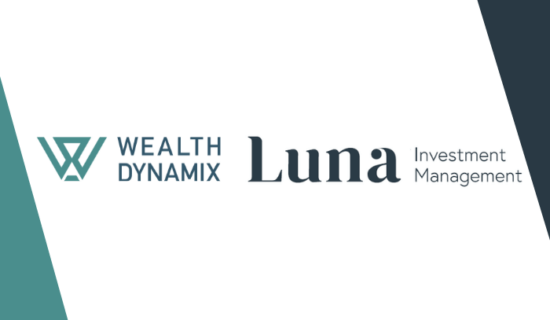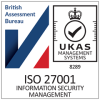Last year a group of leading wealth managers met in March, September and November to discuss the state of the industry. The timing of the meetings over the course of 2020 created a unique window into their ongoing responses to the pandemic from both an operational and a technical point of view. The following article exploring how the clients’ perspective is changing as a result of the pandemic is an extract from the whitepaper which followed these discussions.
PIMFA recorded some £942 billion of assets under management within the UK wealth management marketplace in 2019.
A year on, client portfolios will have undoubtedly been knocked by the pandemic. Unlike financial recessions, however, private clients have been impacted by the Coronavirus in a variety of ways: after all, wealth stems from a diversity of sources, so some clients have profited, while others are feeling very bruised indeed.
As the wealth managers we interviewed came together on the cusp of the UK’s first lockdown, they were apprehensive as to what the future might hold, but shared a clear sense of willing to do what it takes to keep their clients and their businesses afloat.
Step change
For one of the oldest industries in UK history, wealth management has something of a knack of reinvention. The sector has little choice but to stay forward-focused, as wealth has for many years passed down generations, and while our clients may be living longer, the rich are younger and bolder than ever before. But are firms doing enough to stay ahead of the fast-changing clients within their sights?
As many firms have found to their cost, pigeon-holing clients is no longer a sure-fire means of appealing and servicing them appropriately. “Clients are evolving,” says Ian Woodhouse. “The intergenerational transfer of wealth is no longer a failsafe: as the silent generation and baby boomers live longer, their wealth has to work harder. But the next generation is far from expectant: entrepreneurs are getting younger, and businesses are working with a wider demographic of clients than ever before.”
Close encounter Firms know that they need to adapt to appeal to clients to stay ahead, and in the midst of a pandemic, this is more important than ever. “This is no financial crisis,” one wealth management executive said. “It’s a healthcare crisis, and some clients’ businesses have flourished while others have been swiftly forced to shut up shop.”
It could be said that the pandemic has changed many of us to varying degrees, so it’s more important than ever to stay close to clients – after all, stereotypes no longer stand true. As quickly as the industry has adjusted to a younger cohort of entrepreneurs, millennials have been pushed aside by Gen X preparing to inherit the next great wealth transfer. And many wealth managers regard pigeon-holing as increasingly outdated and old hat.
One executive said, “Wealth managers recognise that clients need to be served according to their individual needs, rather than generalised under the guise of baby boomer, millennial or even gender.”
Go digital
The pandemic spurred something of a digital revolution around the world, and the UK saw 12% of adults migrate online in the first month of lockdown alone. And the wealth management marketplace was no exception, as clients turned to the likes of Zoom, Webex and Google Meet to engage with their advisors with a sharpened focus on succession, care and retirement planning.
But in this new digital age, it’s critical that wealth managers can effectively meet client needs – and on their terms. Clients have high expectations, with advisors citing statements, consolidated and segmented portfolio insight and more menial tasks as features their digital channels should accommodate.
Experience economy
The roundtable participants agreed that technology is no longer a differentiator – clients value trust, simplicity and transparency amongst all else. But technology is critical to delivering an optimum experience in an increasingly competitive market. As one executive told us, “Neither clients nor advisors know or care about the technology that underpins client servicing. Wealth managers’ sole focus is to achieve the client’s goals in a manner that’s as frictionless and cost-effective as possible.”
While these new adopters show little sign of going back to the pre-pandemic norm, many are still beset with legacy technology that slows down client management throughout the breadth of the lifecycle, and significantly hinders retention and acquisition in the process.
Like all consumers, high-net-worth individuals have had little choice but to embrace online, and wealth managers have wised up to the fact that they’re being judged through the same lens as their retail counterparts. Firms have no choice but to think on their feet if they are going to stay in the game – as one executive said, “If we don’t, there’ll be another market player who will.”
How do wealth managers need to adapt their technology strategy to ensure these client needs are met now and in the future?
This is an extract from the whitepaper titled Wealth Management Technology Beyond 2020. Download the whitepaper now to understand how 2020 reshaped the wealth management industry and the key learnings firms can take moving forward.





